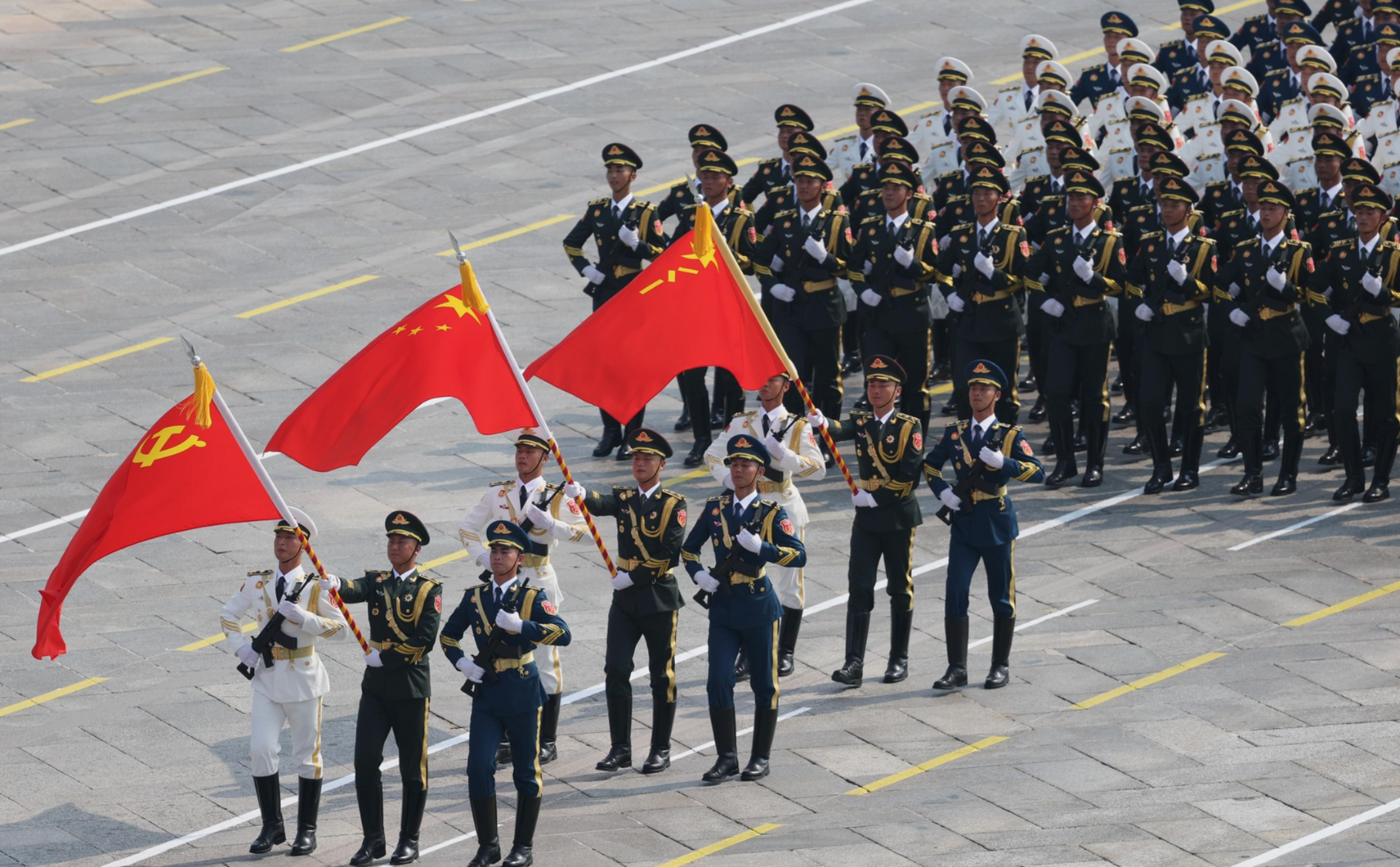Written by Vincent K.L. Chang
China and the United States should be willing to make concessions; treating compromises not as a sign of weakness, but as strategic wisdom. The rest of the world should ask what it can do to prevent escalation and avoid self-fulfilling threat perceptions, rather than contribute to them.
Read More















